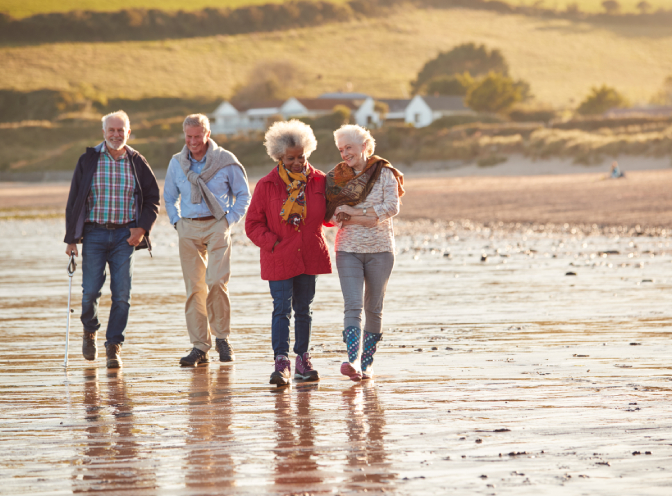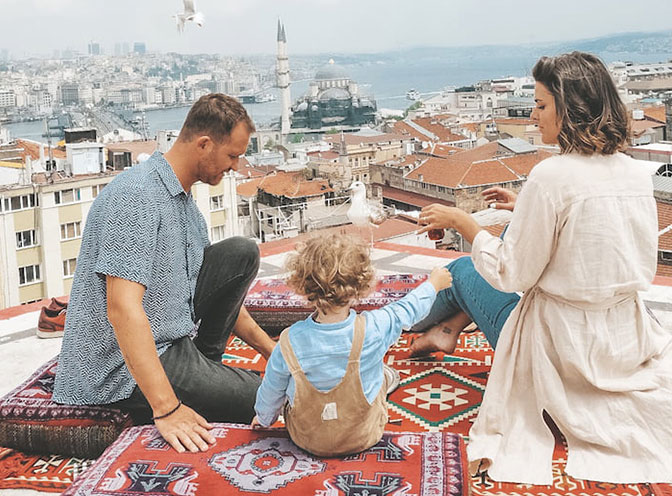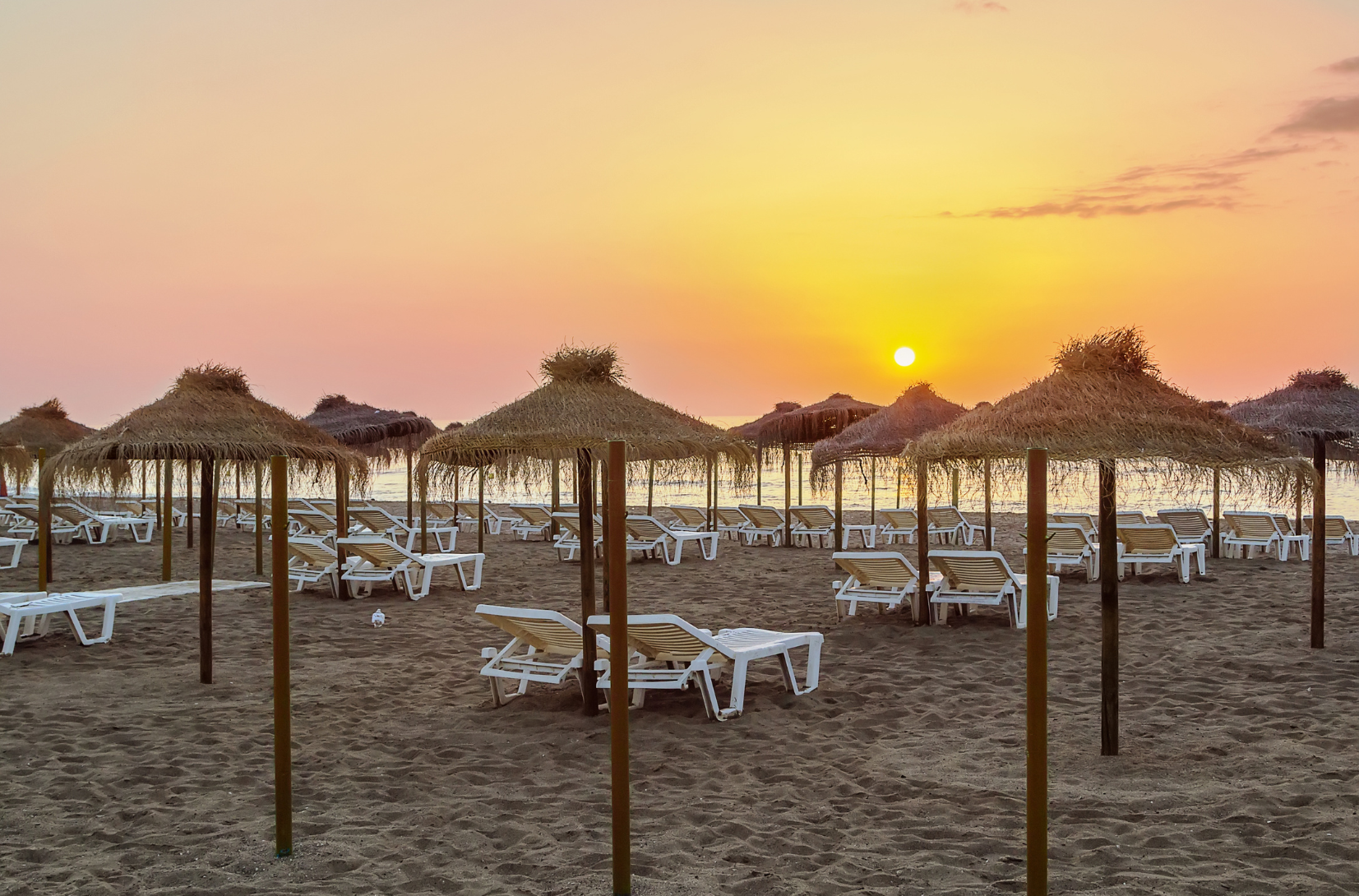
Our top tips for keeping healthy while you’re traveling
Exploring and discovering new experience through travel is one of life’s great joys – and what’s great, is that you can stay active and fit while doing so! Check out our top tips – and always remember to speak to your clinic team about your specific needs:
1. En route:
Travelling can often mean being seated for a number of hours, which may result in leg pain and swelling. You can manage this with gentle exercises while you’re seated, such as:
leg circles: without touching your feet on the floor, put your knees together and lift your legs up. Separate your knees out, down and back together again. Repeat this movement as many times as you like
shoulder rolls: sit in a relaxed position with your arms at your side. Slowly roll your shoulders forward five times. Reverse the motion and repeat five additional times
calf raises: place your legs at a 90-degree angles. Raise your heels off the floor until you are on the tips of your toes Repeat 10 times.
toe raises: keep your heels on the floor and raise your toes as high as possible. For an added range of motion, remove your shoes.
It’s also worth investing in a good quality pair of compression socks that activate blood circulation. When you arrive at your destination, it’s also a good idea to lie down on the bed, lift your legs up and rest them against the wall for 30 minutes, to help reduce any swelling.
2. Plan ahead
It’s a good idea to create an agenda for your holiday – make a plan of what you want to visit, when and what the best way to get there is, making it much easier to incorporate physical activity while you’re there.
3. Explore on foot
Discover your holiday destination by walking, a gentle physical activity that’s ideal for chronic kidney disease, CKD-patients. Comfortable shoes are essential, so be sure to pack a pair of sneakers or sandals (depending on the weather) with a good orthopedic insole. Comfortable clothes, such as loose trousers, t-shirt, sports/casual shoes and one outer garment (such as a sweater or jacket) that can be removed are also important.
4. Protect your access:
Swimming is a fantastic form of exercise that works out all your muscles without having to over-exert yourself. If your holiday plans include swimming, it’s strongly recommended you check with your clinic care team how to protect your dialysis access. Don’t forget to avoid bodies of water such as ponds, lakes and rivers, which have a greater chance of hosting bacteria that can lead to serious infections.

